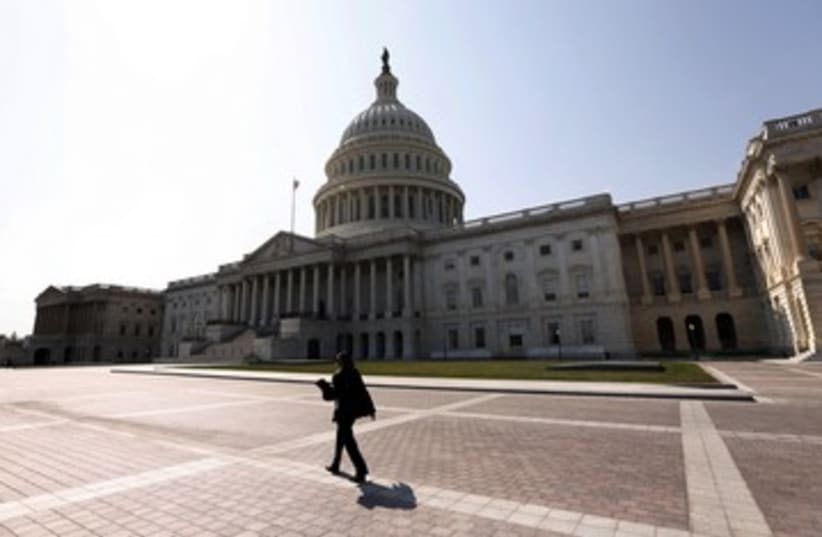Defying White House, senators introduce new sanctions against Iran
"Trigger" bill calls for automatically sanctioning Iran if no comprehensive nuclear deal is reached by deadline; White House says bill could "potentially disrupt the opportunity for a diplomatic solution."
